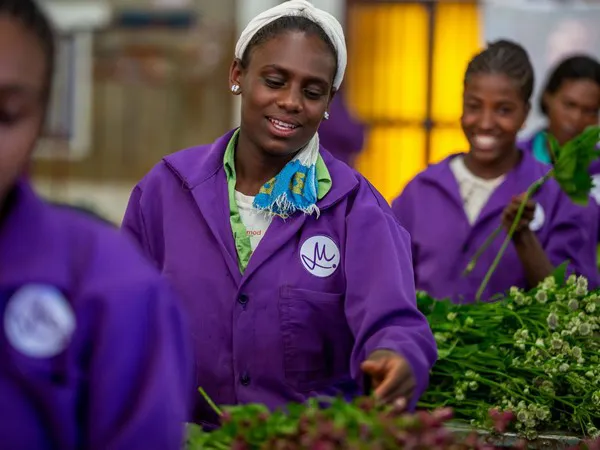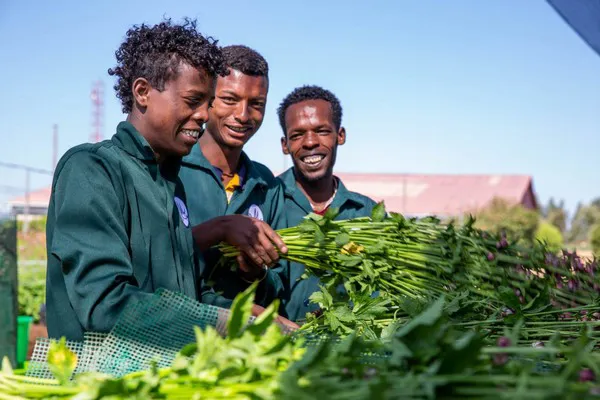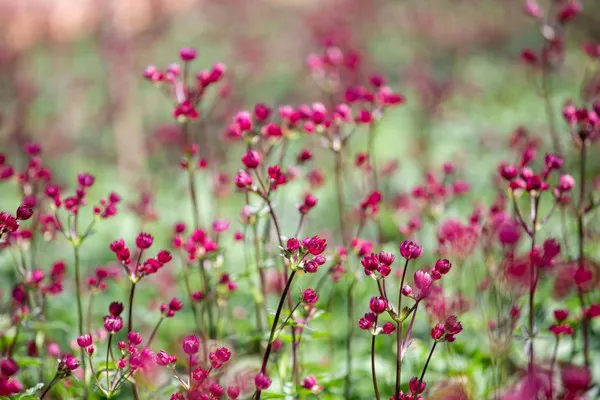Jane Kimani is Senior Technical Post-Harvest Manager for all Kenyan and Ethiopian farms. She has been with Marginpar for over twelve years now, growing from grade manager at Bondet Farm to where she is now. But to her, the sky is the limit and she is still constantly looking to grow and develop herself and her team, much in accordance with the Hamuka culture that is practiced at Marginpar.

A day in the life of
As the Senior Technical Post-Harvest Manager, Jane is responsible for the packing side of the quality assurance (whereas the Dutch part of the QA team manages the quality upon unpacking). One of Jane’s main tasks is to support the post-harvest managers when needed. Jane: “When a post-harvest manager encounters a problem, I go there for a couple of days to assist him or her. It can be a technical problem like flowers responding badly to a certain post-harvest treatment or re-evaluating the temperature at which flowers are kept until transport, but it can also be about proper equipment at a farm or the standard operation systems (SOPs).
Sometimes, a problem occurs upon unpacking in the Netherlands and I am alerted by one of my Dutch QA colleagues.” In addition to offering support to post-harvest managers, Jane also deals with logistical challenges outside of the farm, like cooled transport to the airport, and packing materials. In short, she deals with anything that might affect post-harvest quality.

A bi-continental team
Jane works in close contact with her Dutch team members, they discuss any challenges that come up in weekly meetings. Jane: “These scheduled meetings don’t keep us from contacting each other whenever needed. We speak on the phone almost every day. We are a strong team. We don’t approve anything without first discussing it. We all see the same tree; we have the same focus. I like being sure of where we are heading, that way I can strategize.”
Jane has seen the turnaround at the Carzan farm, when it was acquired in 2008. Jane: “I became post-harvest manager there and had to work with my team to transform the culture. We ‘inverted the triangle’, moved to servant leadership, and showed how important it is to support your team and embrace team spirit. There is no ‘blame game’ in the teams; if a challenge arises, we don’t ask who or what, we ask why so that we get to the root cause. Hamuka also focuses on utilization of human potential. Every person has a mind, and you have to give that person the opportunity to utilize it. Nobody can know everything.

"It’s also important to, as I call it, listen to the ‘shoe wearer’. The person doing the actual job is the one who can best tell you where ‘the shoe is pinching’; where and why a process isn’t flowing smoothly. Anyone outside the process can only observe and guess, but the value adders (the people within the process) can tell us where the challenge is. If the process is not right, the result will not be right either."

 n
n